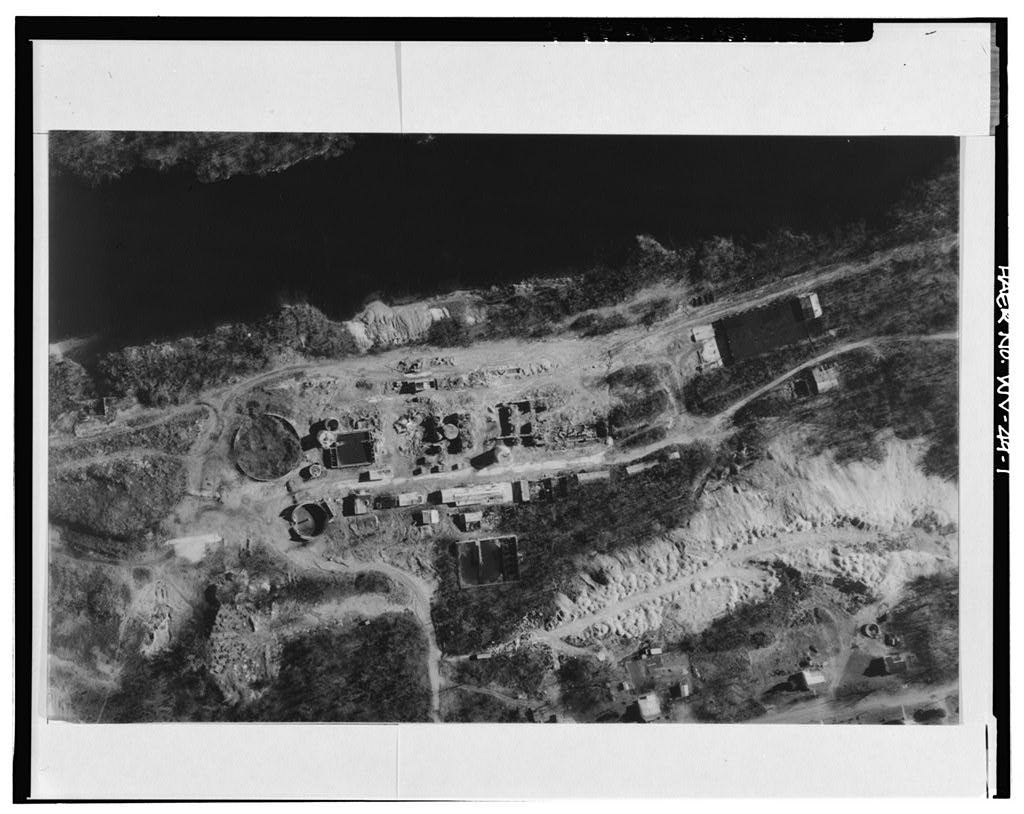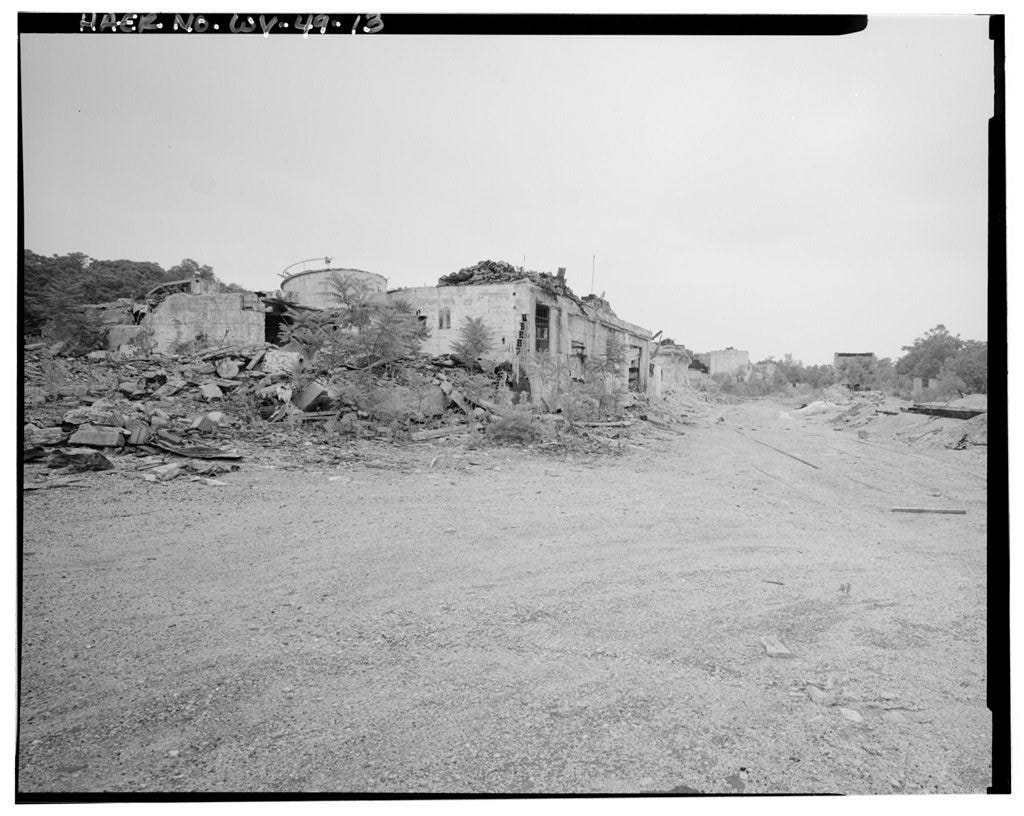From quarry to prison: The buried story of Norman Barrett
A father’s fatal fall, a son’s deadly rage, and a family shaped by stone and silence

John "Jack" Barrett of Harper's Ferry was 34 when he married 17-year-old Fannie Jamison in 1898. His young bride was already the mother of two daughters, born when she was 15 and 17. It's unknown whether Jack was the girls' father, but regardless, he raised them as his own and they had his last name.
Jack and Fannie went on to have seven more children.
In the summer of 1917, Jack was killed when fell over a cliff while working at the Bakerton limestone quarry in Jefferson County. He was 53. These quarries were dangerous places to work. Accidents were common.
A few months after his death, West Virginia's State Compensation Department awarded his widow, Fannie, and her children $35 a month. Worker’s compensation laws were new. West Virginia passed its law in 1913, and Fannie's benefit was a very early social welfare protection, albeit a meager one.
A year later, Fannie lost one of her children. William was 12 when he died in the fall of 1918, possibly a victim of the raging Spanish flu epidemic.
Shakespearean-level tragedy
When Jack died, his oldest son, Norman, was 16. What gives this story an even more unusual twist is that -- less than ten years after his father's death -- Norman killed his former boss on the job at another limestone quarry.
Norman's trajectory —
Keep reading with a 7-day free trial
Subscribe to They Lived In Berkeley County to keep reading this post and get 7 days of free access to the full post archives.




